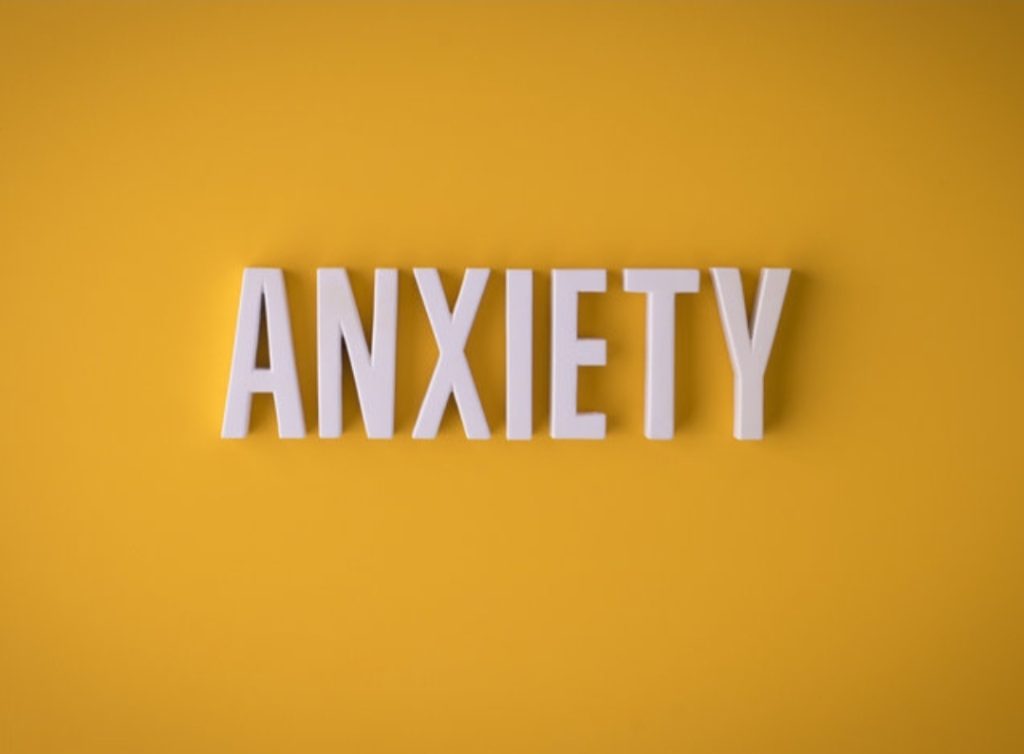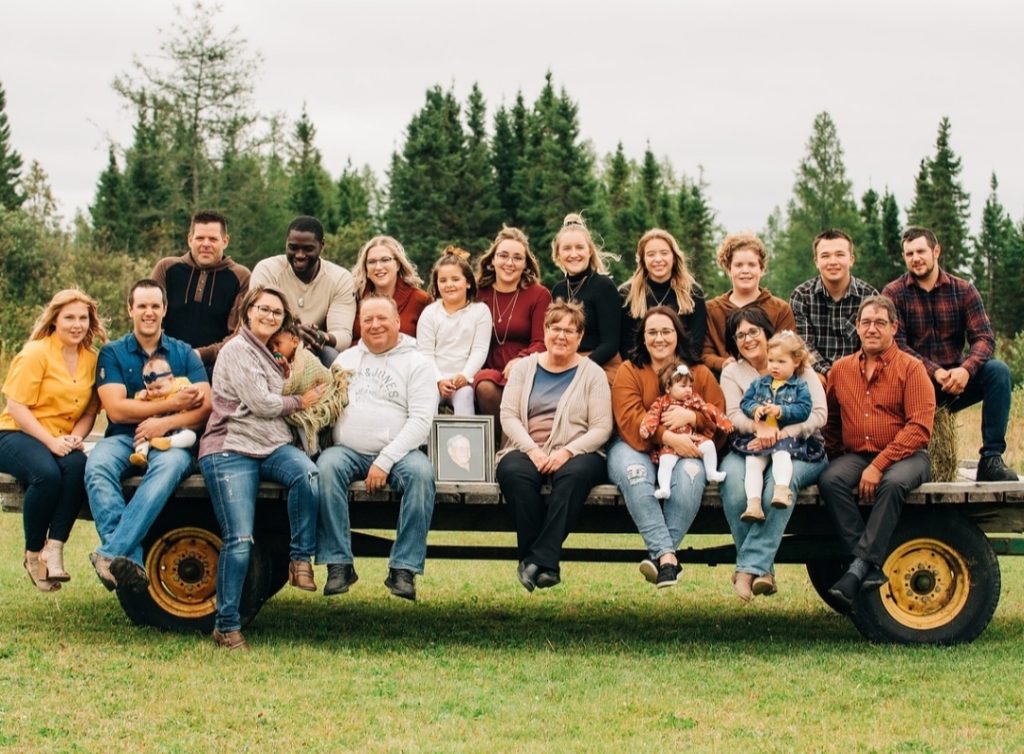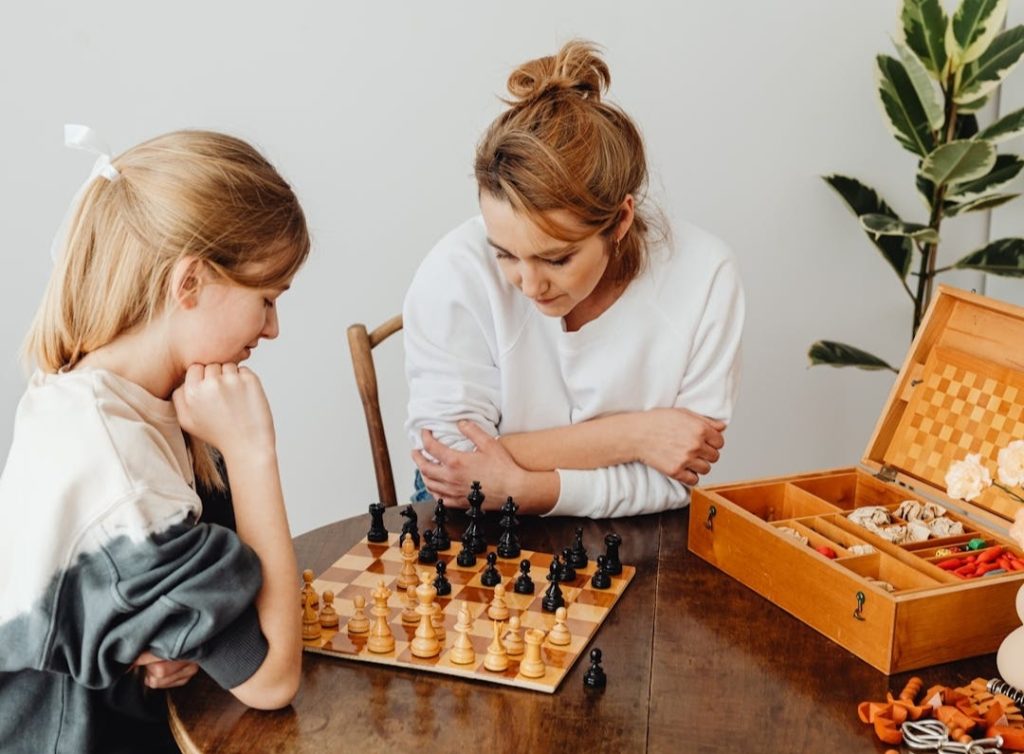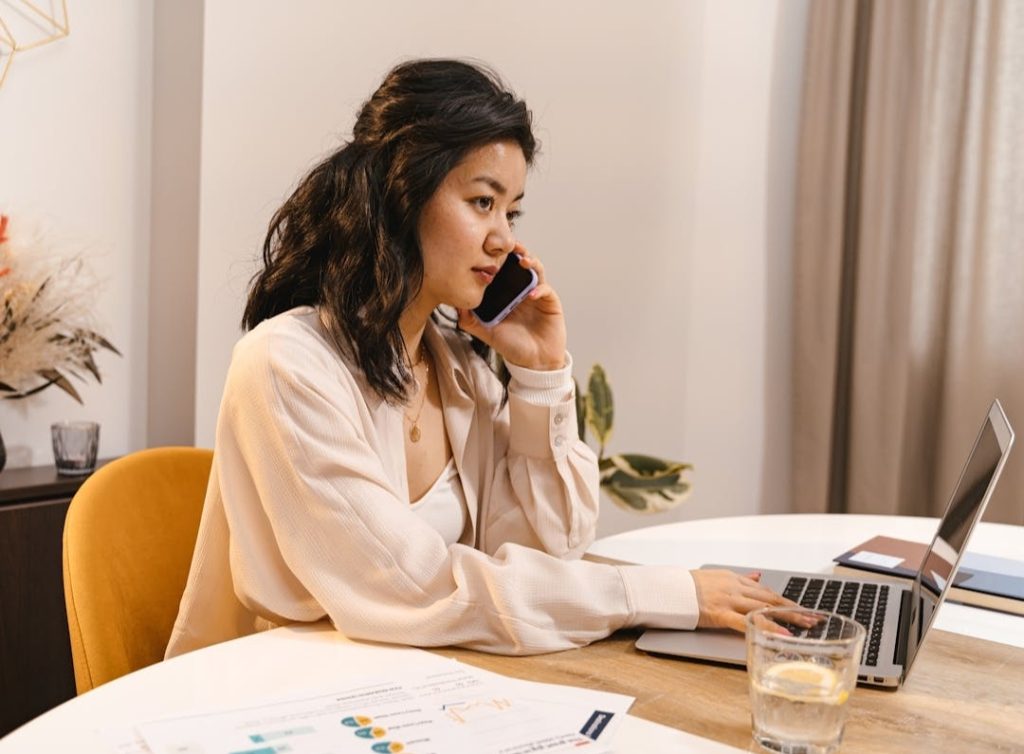After my then-husband decided to pack his things and leave, I was left alone in what used to be our one-bedroom apartment with my cat and a bottle of wine.
I sat on the floor sipping wine, cat purring on my lap, when it dawned on me—I was at peace. Sure, I had some conflicting feelings about how a 10-year-long relationship could end just like that. But I also felt relieved and curious about the new experience unfolding in front of me.
The experience of being on my own.
You see, up until that point in my life, I had never truly lived on my own. I always had family or roommates around before getting married. So, this was new and exciting.
Almost 7 years have passed since, and I’m still enjoying the peace of singledom. During this time, I’ve connected with other women’s stories and learned from my own experiences that nothing compares to the joy of solitude and learning what truly matters to you.
Disclaimer: I do not intend to shun relationships or partnered people. I still think that the right partner(s) can bring brightness and warmth to your life. However, I strongly believe that, as a woman, you should have the chance to get to know yourself before entering a serious relationship.
Enter a Relationship with Yourself
I first heard about the term “self-partnered” from a now-famous Emma Watson interview. The actress was nearing 30 at the time, and when asked about her relationship status, she said she was happily single and in a relationship with herself.
Of course, the media and everyone else who thought single women couldn’t be happy went haywire (for a while, at least).
But Emma Watson’s commentary got me thinking. Here was a famous young woman who possessed all the markers of conventional beauty and who didn’t lack male attention in any shape or form, and she was giving all that up to meet her true self.
While Emma has had a tumultuous, busy life since childhood, most women go through a similar experience—not in the “famous child actor” sense, but in the “never truly on their own” sense.
As soon as we reach young adulthood, we are encouraged to get into serious relationships and prioritize family life over our own personal growth. Based on data from the U.S. Census Bureau, the median age of marriage for women is around 28 years old.
If we consider that most couples are in a relationship for 2 to 5 years before getting married, young women will already be with a long-term partner by the time they are 23 or 24.
In my view, 23 or 24 is awfully young to know what you truly want or who you truly are.
Looking at my own story, I know I had no idea who I was when I happily got married. I knew I was in love, and that was the standard path for my age. That’s about it.
After a long detour, I came to the same conclusion as Emma Watson (and I’m sure, many other women as well): it’s important to date yourself for a while and see what comes up.
Take yourself out to fancy events, movies, and restaurants. Make important decisions by yourself and for yourself. Get comfortable with being and feeling alone, and if you feel lonely, see where that feeling comes from.
How to Have a Healthy Relationship with Yourself
While I have a long list of fun things you can do by yourself, I think it’s important to work on the elements that are fundamental to any healthy relationship: trust, boundaries, and emotions.
1. Say “No” More Often
When you’re socialized as a woman, you often have a tough time saying “no.” This little word can feel incredibly heavy, whether it’s saying it to your partner, family, friends, colleagues, or even yourself.
But you don’t solve anything by being a “yes” woman. Saying no respectfully but firmly allows you to prioritize your time, energy, and resources while also gaining confidence in communicating your boundaries.
Now, to communicate your boundaries, you first have to identify them.
Pay attention to your thoughts, feelings, and physical sensations when you’re asked to do something or participate in an activity. Notice any signs of discomfort or hesitation, which may indicate that saying no is appropriate.
Lastly, give yourself permission to prioritize your own needs and say no to things that don’t align with your values or goals.
2. Show Up for Yourself
Most of us have been let down by at least one or two people we trusted, so there’s no need to add self-disappointment to the pile.
To have a good relationship with yourself, you have to learn to trust yourself.
Make a habit of following through on commitments and promises you make to yourself.
Did you plan to go to the gym 3 times a week? Find a way to do so!
Did you promise to start eating healthier? Then think twice before reaching for that donut!
Building trust in yourself means honoring your word and showing you are reliable. The more active you are about showing up for yourself, the easier it will be to understand what you need others to do to gain your trust.
3. Work on Understanding Your Emotions
As human beings, regardless of sex or gender, we feel things. However, we often don’t understand what a certain emotion is trying to tell us.
It’s like when you feel hungry, but really, you’re bored. Just because you feel something that looks like anger (for instance), it doesn’t mean you’re actually angry. You may be upset, disappointed, or just hungry (yes, some people, myself included, get grumpy when fuel is running low).
Strong emotions like the aforementioned anger make us react, which is not always the best or most appropriate response. This is why it’s important to learn how to understand your emotions and where they stem from.
When you’re single, you have more space and patience to sit with your feelings. You can take time to pause and observe your thoughts, feelings, and bodily sensations without judgment.
Journaling is a great tool for navigating this emotional journey. Use it to identify and name your emotions accurately. Instead of simply saying, “I feel bad,” try to pinpoint whether you’re feeling sad, anxious, frustrated, or something else.
Key Takeaway
The prospect of spending some time with yourself shouldn’t be scary or something you have to endure until the next relationship begins. Instead, treat it like a new and exciting experience that will allow you to meet your true self—doesn’t that sound fun?
Her Nexx Chapter invites you to join our free Community where women from around the world are connecting with each other’s stories, exploring different experiences, and transforming ideas.
The Future of Connection for Women








0 Comments